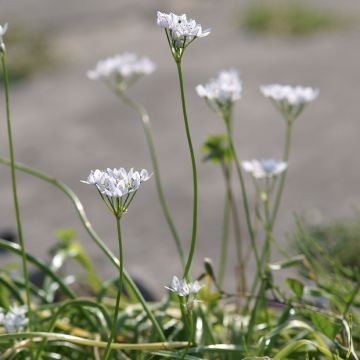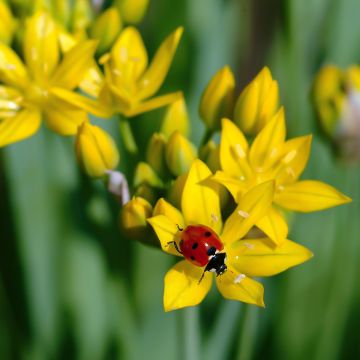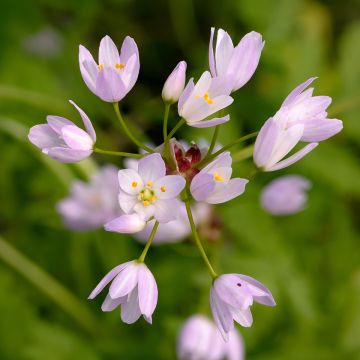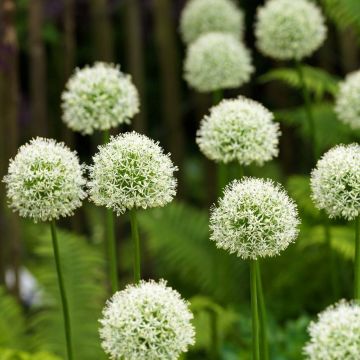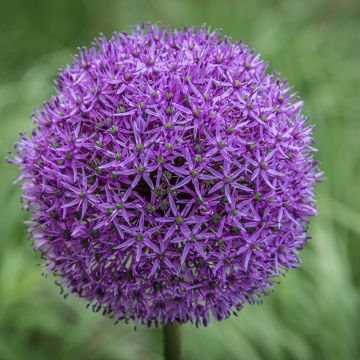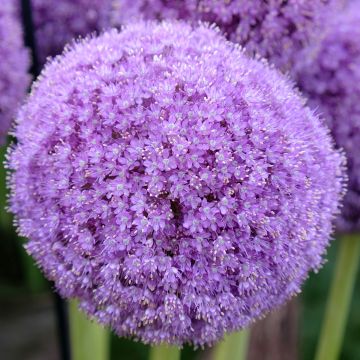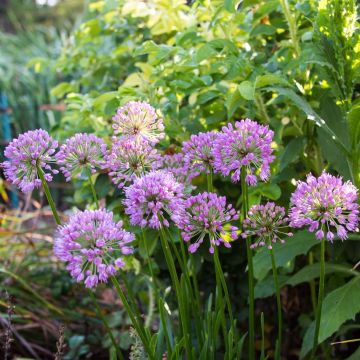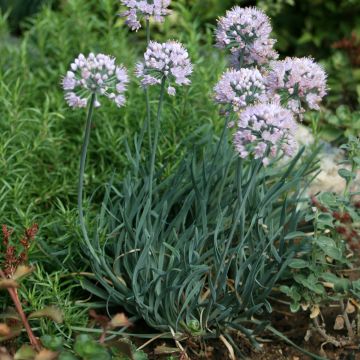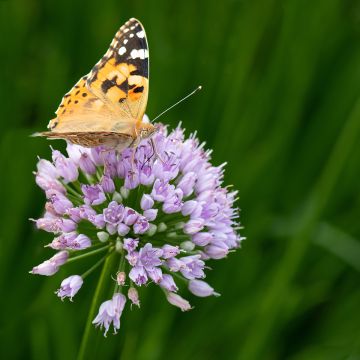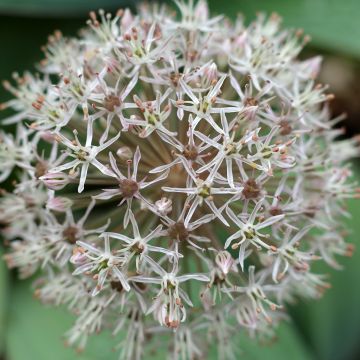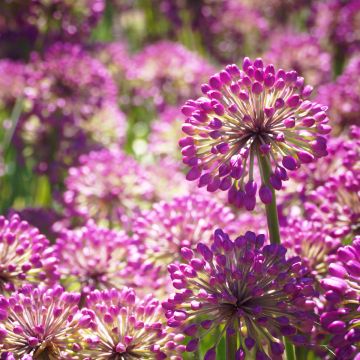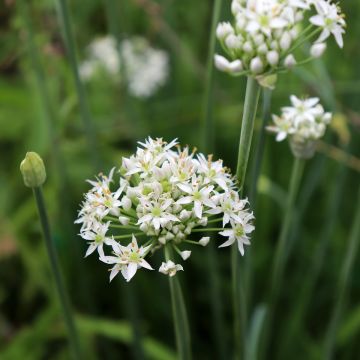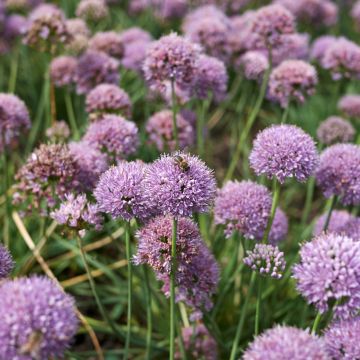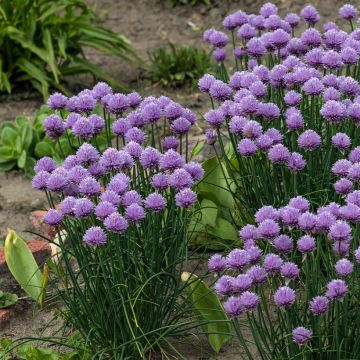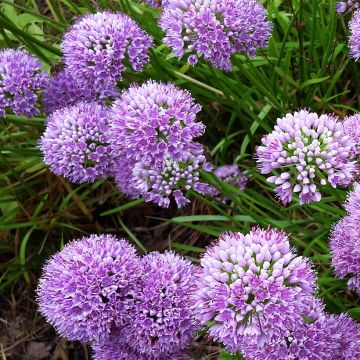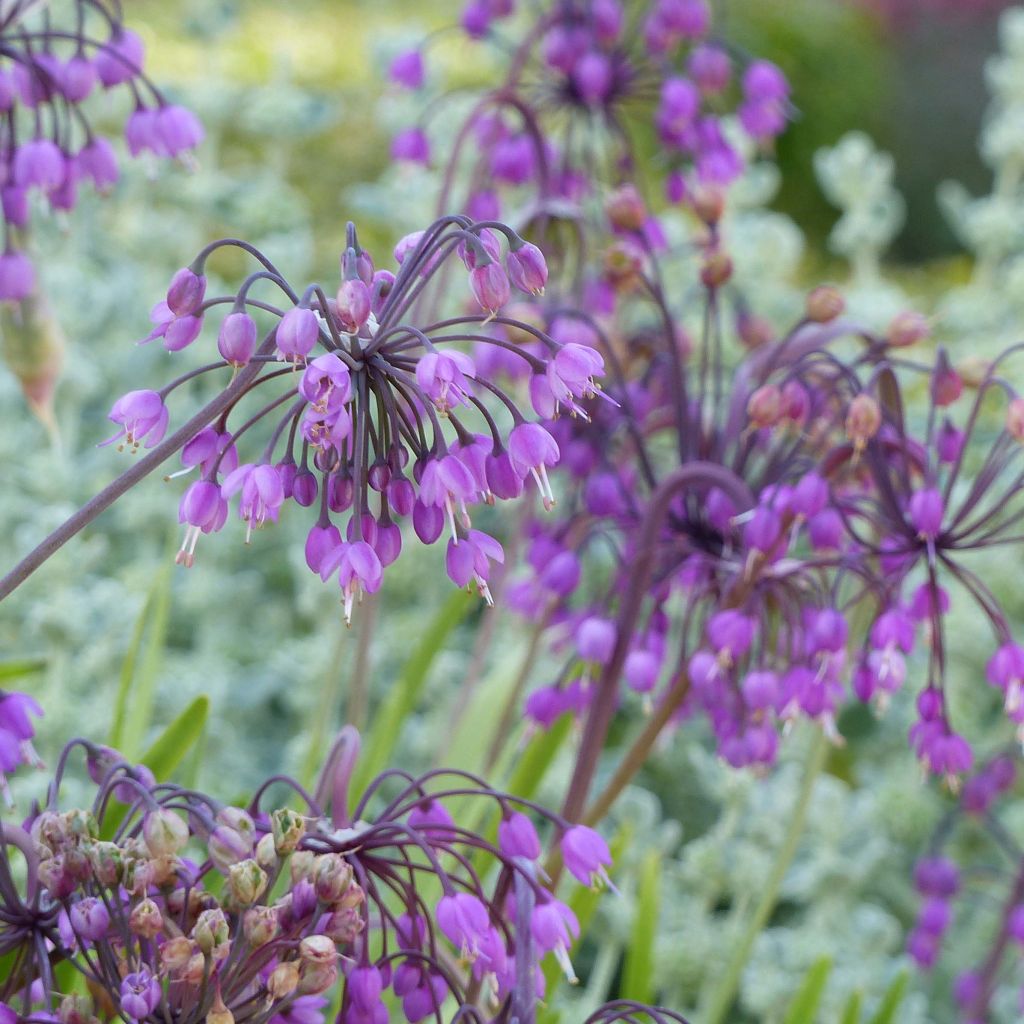

Allium cernuum
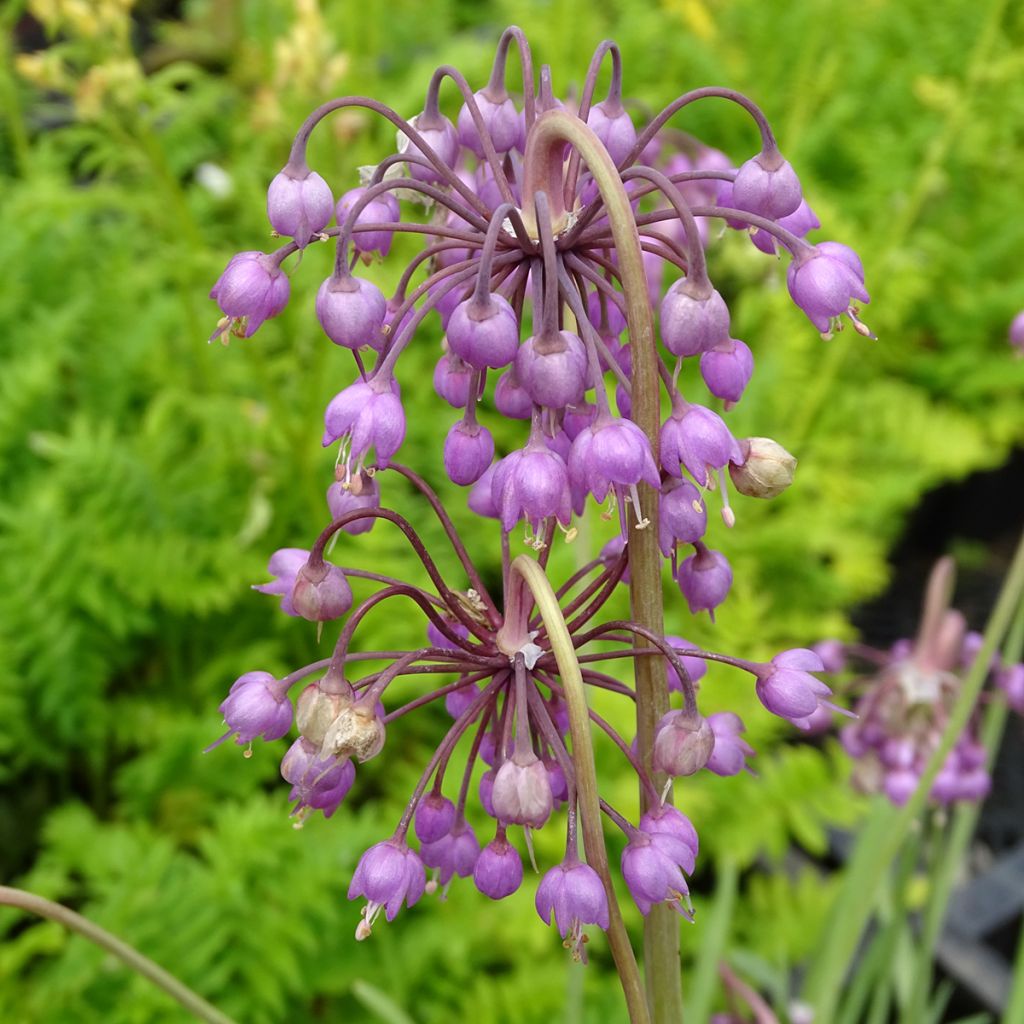

Allium cernuum
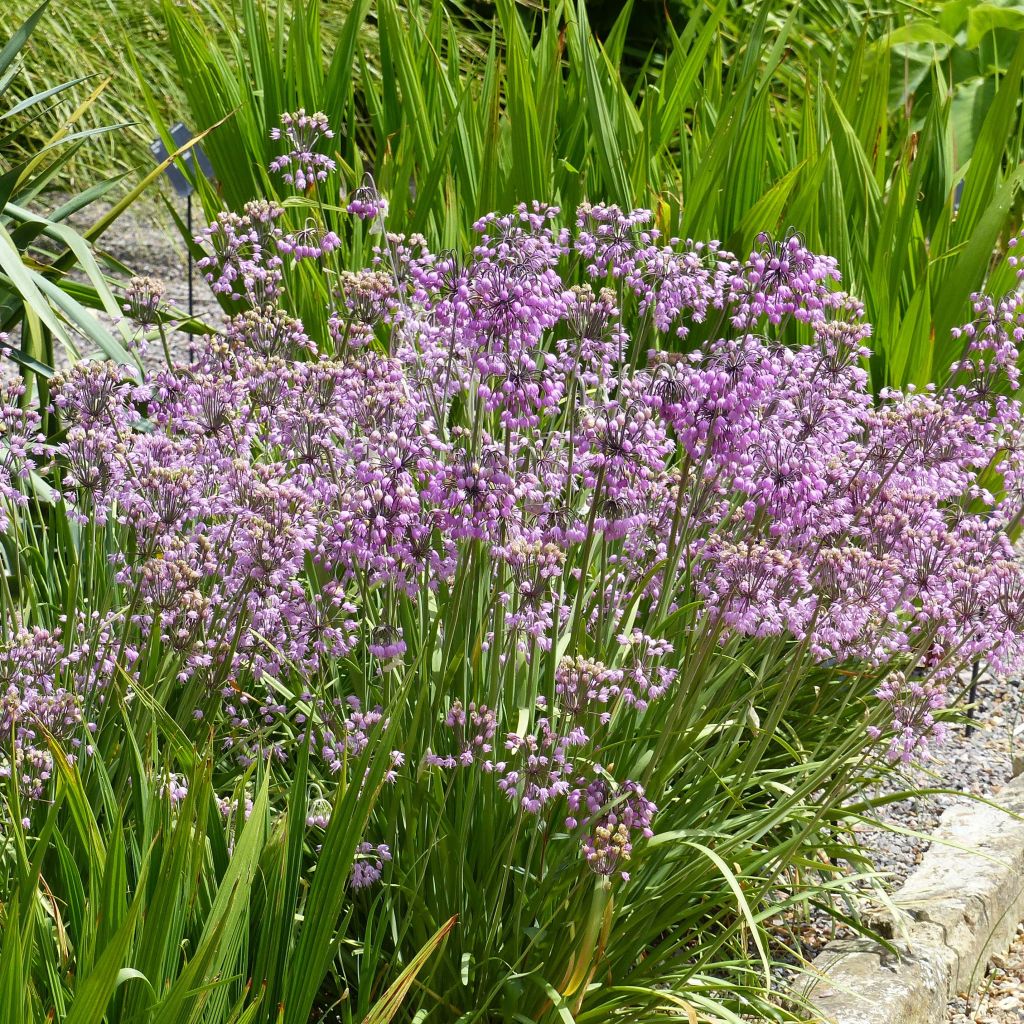

Allium cernuum
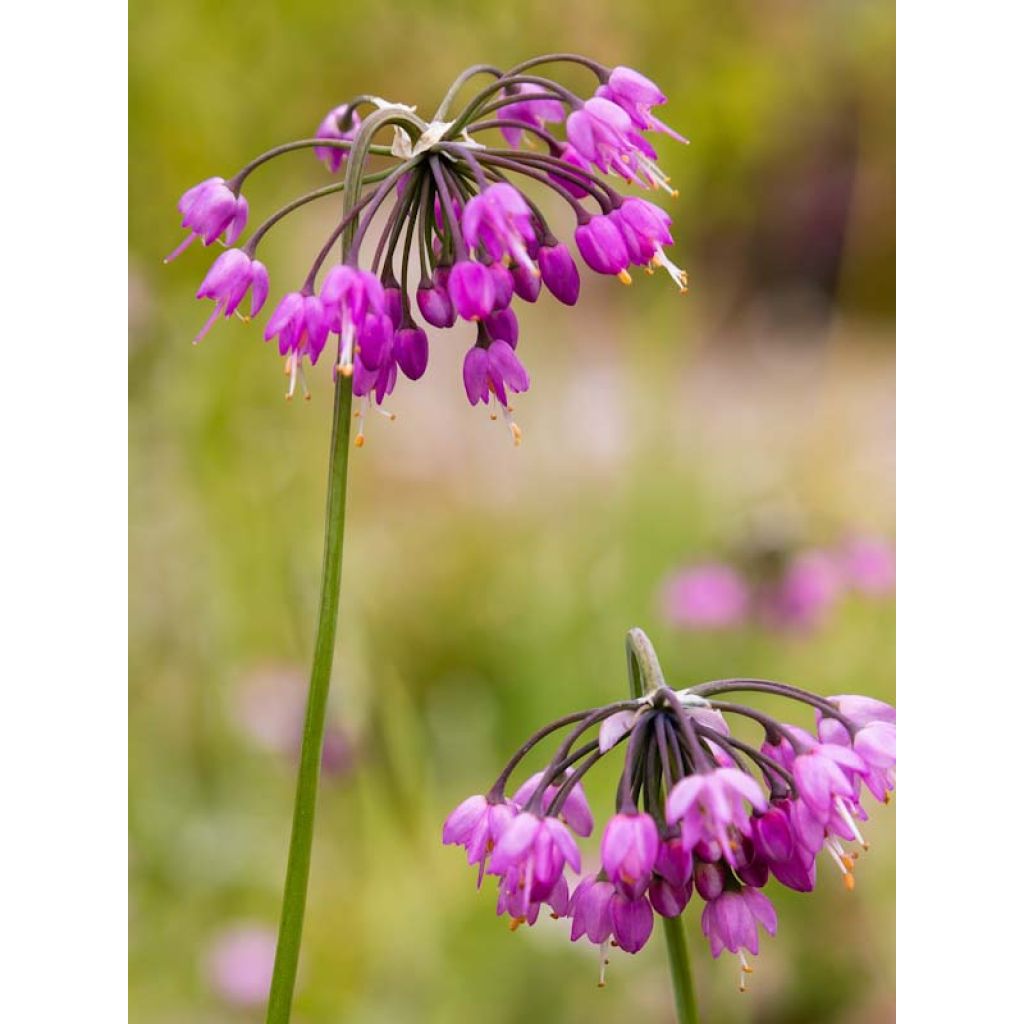

Allium cernuum
Allium cernuum
Allium cernuum
Lady's leek, Nodding onion, Ornamental Onion
In general, the quality of the young plants is good, but the field of plants that were ordered here recently clearly spent a long time out of the ground. The roots were very dry and the stems had already turned pale. We will see how they recover.
Hélène, 05/11/2023
Special offer!
Receive a €20 voucher for any order over €90 (excluding delivery costs, credit notes, and plastic-free options)!
1- Add your favorite plants to your cart.
2- Once you have reached €90, confirm your order (you can even choose the delivery date!).
3- As soon as your order is shipped, you will receive an email containing your voucher code, valid for 3 months (90 days).
Your voucher is unique and can only be used once, for any order with a minimum value of €20, excluding delivery costs.
Can be combined with other current offers, non-divisible and non-refundable.
Why not try an alternative variety in stock?
View all →This plant carries a 6 months recovery warranty
More information
We guarantee the quality of our plants for a full growing cycle, and will replace at our expense any plant that fails to recover under normal climatic and planting conditions.
Would this plant suit my garden?
Set up your Plantfit profile →
Description
Allium cernuum, more commonly known as the nodding onion, is a bulbous plant that is decorative, useful, and culinary. This species is characterised by an umbel of flowers inclined towards the ground, unlike that of the common garlic which stands upright towards the sky. Its flowers are bright pink-mauve, carried by a short and sturdy stem that emerges in late spring from linear and aromatic foliage. Appealing in flower beds or rockeries, it also thrives in vegetable gardens, or in pots on a patio or balcony. It is a very hardy and perennial plant in well-drained soils, even rocky ones, where it will form beautiful clumps over time.
This edible garlic is native to a large part of North America, where it is found on rocky slopes, in dry meadows, or in light and dry woodland. It is a very hardy species, capable of surviving -20°C (-4°F) in well-drained soil. Its bulb is thin, conical, and devoid of a tunic. Each mature bulb produces a single flowering stem, about 35cm (14in) in height, taller than the foliage. The stems usually appear in June-July, earlier or later depending on the climate. At the top of this stem, an inflorescence forms, with a 3 to 4cm (1 to 2in) diameter umbel, consisting of up to 30 rose-amethyst flowers. They are shaped like cups and are carried by a long peduncle that bends towards the ground. The nectar-rich blooms are popular with bees. The flowers give way to fruits containing black and shiny seeds that easily self-sow in light soils. The foliage consists of linear, narrow leaves (2 to 4mm wide) that are semi-erect, gathered in a tight tuft about 20cm (8in) tall. This dark green foliage is aromatic when crushed. It yellows and disappears after flowering, in summer, when the plant enters dormancy. The nodding onion also reproduces by producing bulbils, which allow it to spread over time.
Easy to grow, delicious, and delightful, Allium cernuum is a reliable and perennial plant in well-drained soil. It appreciates slightly moist soils during its growing season, drier ones in summer, and a very sunny location. It is perfect in rock gardens or borders. It can be cultivated in a pot or in an alpine trough to enjoy its beautiful flowering on a balcony or patio. Plant it in groups of 5 between the stones in a rockery, among low ornamental grasses (stipa, carex), or mixed with spring bulbs and low-growing plants that will fill the space when its foliage has disappeared (thyme, silver basket, golden basket alyssum, catmints, or agastaches, for example).
In the kitchen: the leaves have a subtle onion flavour and should be added finely chopped at the last moment to cooked dishes, salads, compound butters, or vegetable garnishes. The flowers can be consumed fresh in salads and can also be macerated in vinegar. Closed flower buds are highly appreciated in Asian cuisine.
Report an error about the product description
Allium cernuum in pictures
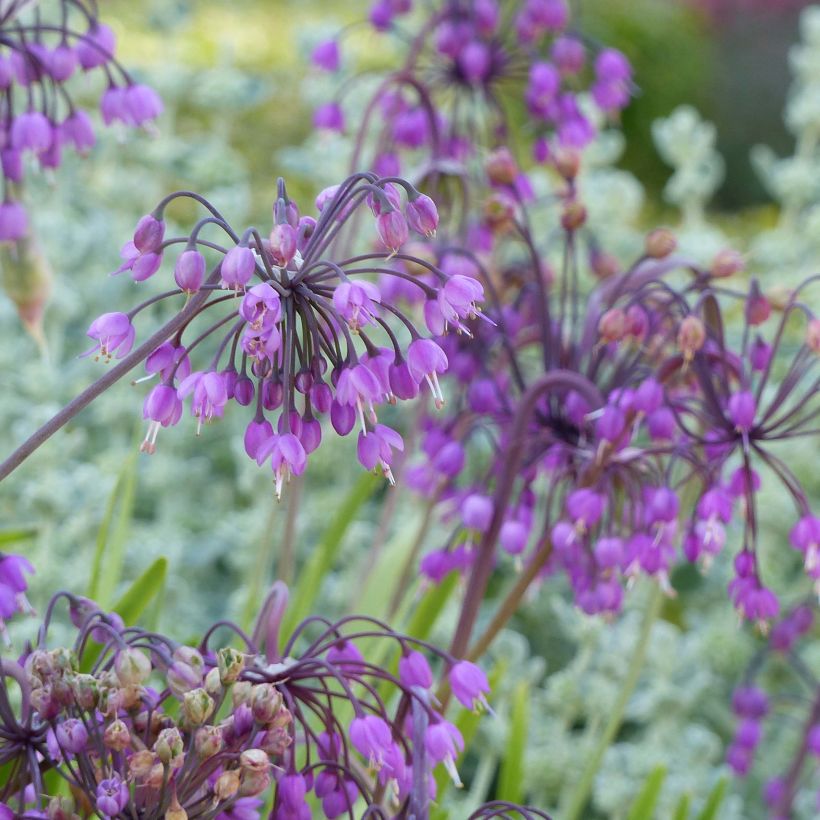

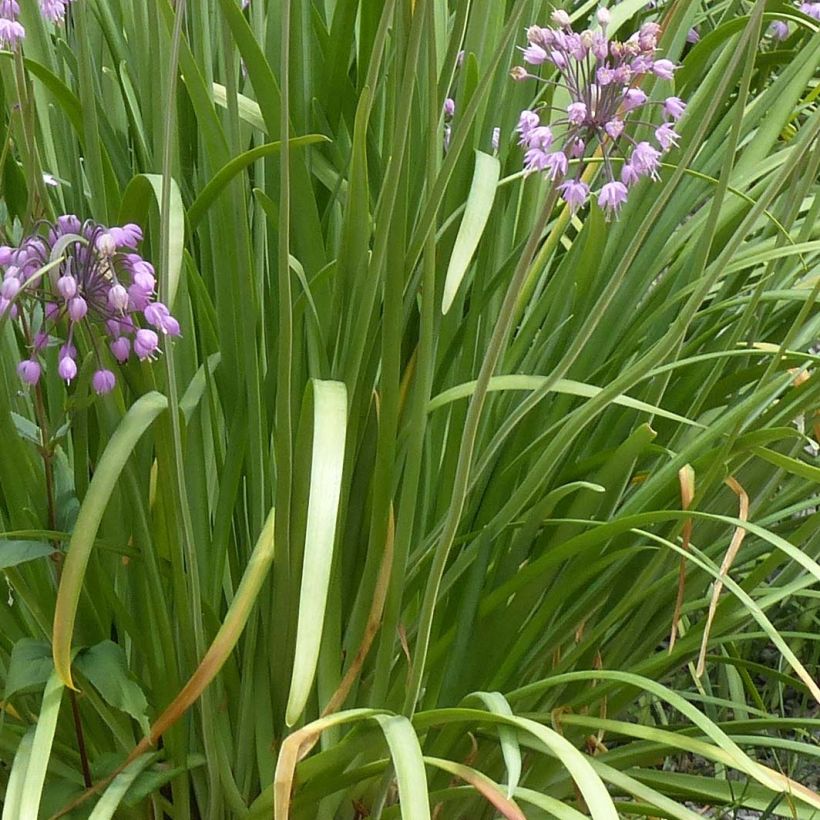

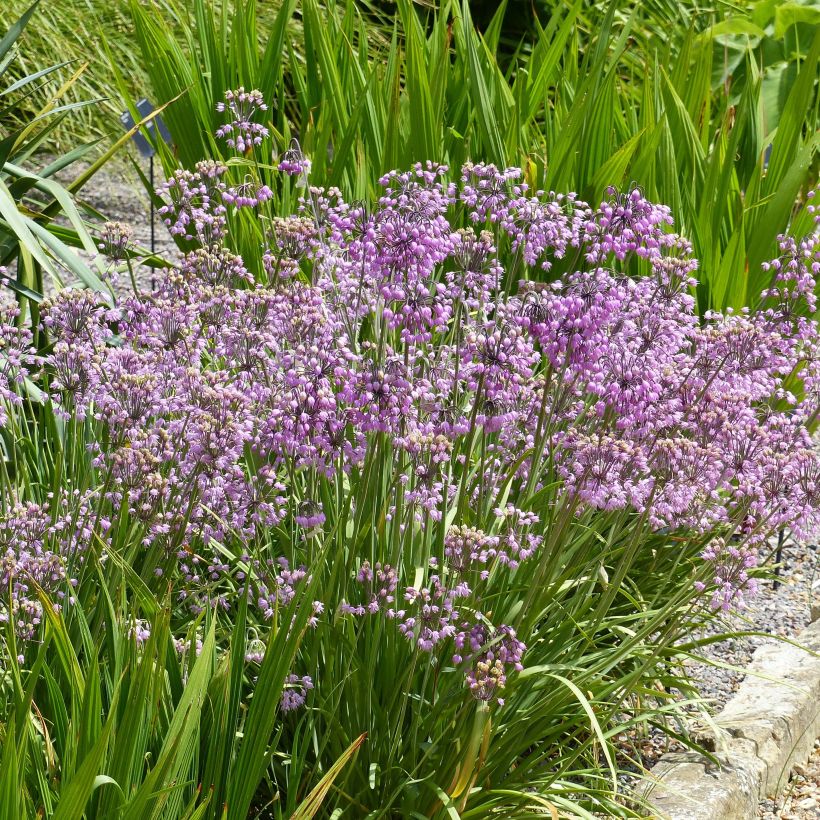

Plant habit
Flowering
Foliage
Botanical data
Allium
cernuum
Alliaceae - Liliaceae
Lady's leek, Nodding onion, Ornamental Onion
North America
Other Allium
View all →Planting and care
Allium cernuum is easy to grow in any well-drained, light soil, preferably limestone. It prefers a sunny location. It is best not to water it when it is in its resting period. Plant it preferably before the end of October so that it has time to establish itself.
Alliums dislike winter moisture and waterlogged soils, both in winter and in summer. Provide a well-drained, rocky or sandy soil, enriched with leaf compost. They are content with dry soil in summer when the foliage has dried up. Plant the bulbs at a depth of 10 or 15cm (4 or 6in), spaced 20cm (8in) apart.
Planting period
Intended location
Care
-
, onOrder confirmed
Reply from on Promesse de fleurs
Haven't found what you were looking for?
Hardiness is the lowest winter temperature a plant can endure without suffering serious damage or even dying. However, hardiness is affected by location (a sheltered area, such as a patio), protection (winter cover) and soil type (hardiness is improved by well-drained soil).

Photo Sharing Terms & Conditions
In order to encourage gardeners to interact and share their experiences, Promesse de fleurs offers various media enabling content to be uploaded onto its Site - in particular via the ‘Photo sharing’ module.
The User agrees to refrain from:
- Posting any content that is illegal, prejudicial, insulting, racist, inciteful to hatred, revisionist, contrary to public decency, that infringes on privacy or on the privacy rights of third parties, in particular the publicity rights of persons and goods, intellectual property rights, or the right to privacy.
- Submitting content on behalf of a third party;
- Impersonate the identity of a third party and/or publish any personal information about a third party;
In general, the User undertakes to refrain from any unethical behaviour.
All Content (in particular text, comments, files, images, photos, videos, creative works, etc.), which may be subject to property or intellectual property rights, image or other private rights, shall remain the property of the User, subject to the limited rights granted by the terms of the licence granted by Promesse de fleurs as stated below. Users are at liberty to publish or not to publish such Content on the Site, notably via the ‘Photo Sharing’ facility, and accept that this Content shall be made public and freely accessible, notably on the Internet.
Users further acknowledge, undertake to have ,and guarantee that they hold all necessary rights and permissions to publish such material on the Site, in particular with regard to the legislation in force pertaining to any privacy, property, intellectual property, image, or contractual rights, or rights of any other nature. By publishing such Content on the Site, Users acknowledge accepting full liability as publishers of the Content within the meaning of the law, and grant Promesse de fleurs, free of charge, an inclusive, worldwide licence for the said Content for the entire duration of its publication, including all reproduction, representation, up/downloading, displaying, performing, transmission, and storage rights.
Users also grant permission for their name to be linked to the Content and accept that this link may not always be made available.
By engaging in posting material, Users consent to their Content becoming automatically accessible on the Internet, in particular on other sites and/or blogs and/or web pages of the Promesse de fleurs site, including in particular social pages and the Promesse de fleurs catalogue.
Users may secure the removal of entrusted content free of charge by issuing a simple request via our contact form.
The flowering period indicated on our website applies to countries and regions located in USDA zone 8 (France, the United Kingdom, Ireland, the Netherlands, etc.)
It will vary according to where you live:
- In zones 9 to 10 (Italy, Spain, Greece, etc.), flowering will occur about 2 to 4 weeks earlier.
- In zones 6 to 7 (Germany, Poland, Slovenia, and lower mountainous regions), flowering will be delayed by 2 to 3 weeks.
- In zone 5 (Central Europe, Scandinavia), blooming will be delayed by 3 to 5 weeks.
In temperate climates, pruning of spring-flowering shrubs (forsythia, spireas, etc.) should be done just after flowering.
Pruning of summer-flowering shrubs (Indian Lilac, Perovskia, etc.) can be done in winter or spring.
In cold regions as well as with frost-sensitive plants, avoid pruning too early when severe frosts may still occur.
The planting period indicated on our website applies to countries and regions located in USDA zone 8 (France, United Kingdom, Ireland, Netherlands).
It will vary according to where you live:
- In Mediterranean zones (Marseille, Madrid, Milan, etc.), autumn and winter are the best planting periods.
- In continental zones (Strasbourg, Munich, Vienna, etc.), delay planting by 2 to 3 weeks in spring and bring it forward by 2 to 4 weeks in autumn.
- In mountainous regions (the Alps, Pyrenees, Carpathians, etc.), it is best to plant in late spring (May-June) or late summer (August-September).
The harvesting period indicated on our website applies to countries and regions in USDA zone 8 (France, England, Ireland, the Netherlands).
In colder areas (Scandinavia, Poland, Austria...) fruit and vegetable harvests are likely to be delayed by 3-4 weeks.
In warmer areas (Italy, Spain, Greece, etc.), harvesting will probably take place earlier, depending on weather conditions.
The sowing periods indicated on our website apply to countries and regions within USDA Zone 8 (France, UK, Ireland, Netherlands).
In colder areas (Scandinavia, Poland, Austria...), delay any outdoor sowing by 3-4 weeks, or sow under glass.
In warmer climes (Italy, Spain, Greece, etc.), bring outdoor sowing forward by a few weeks.






























